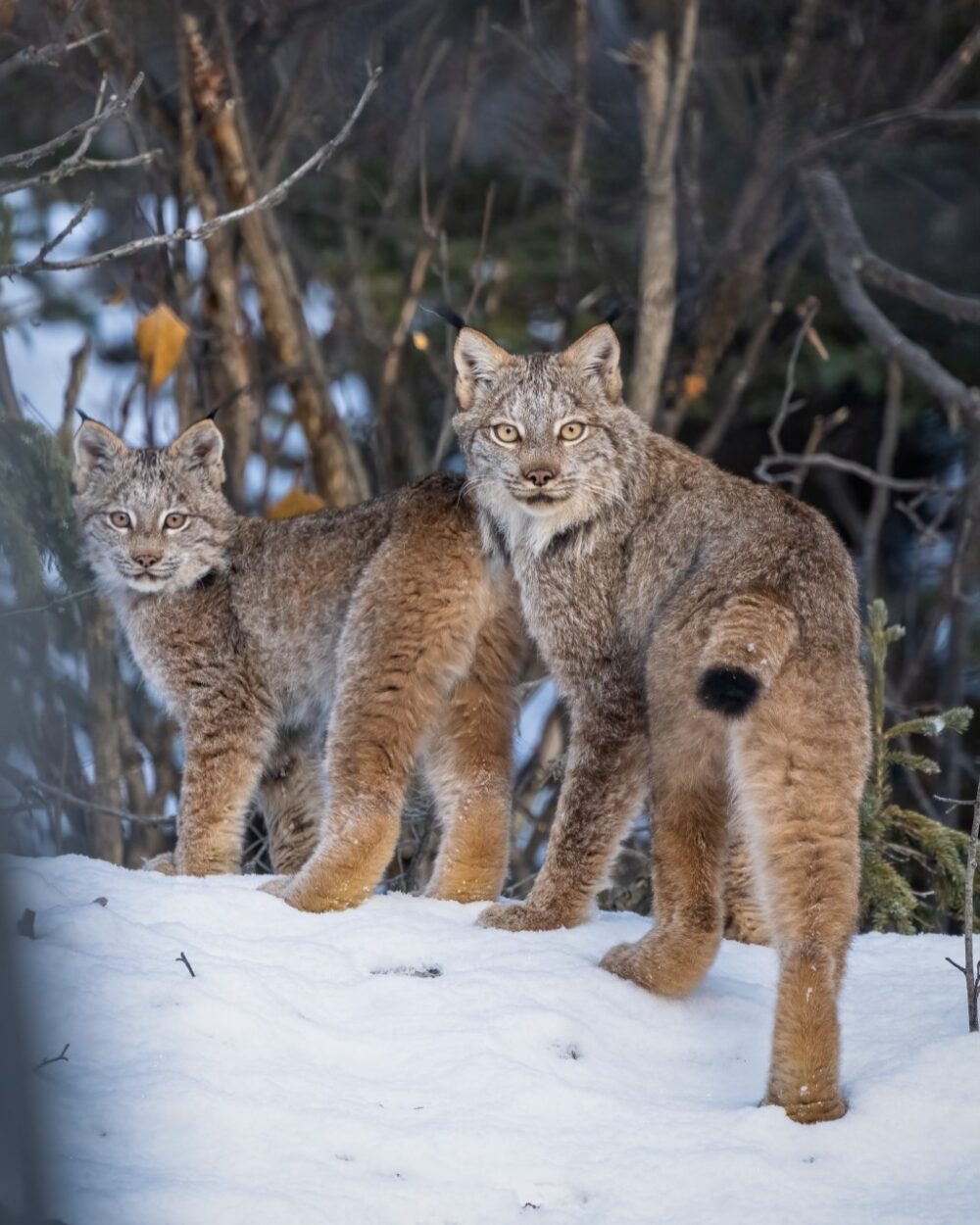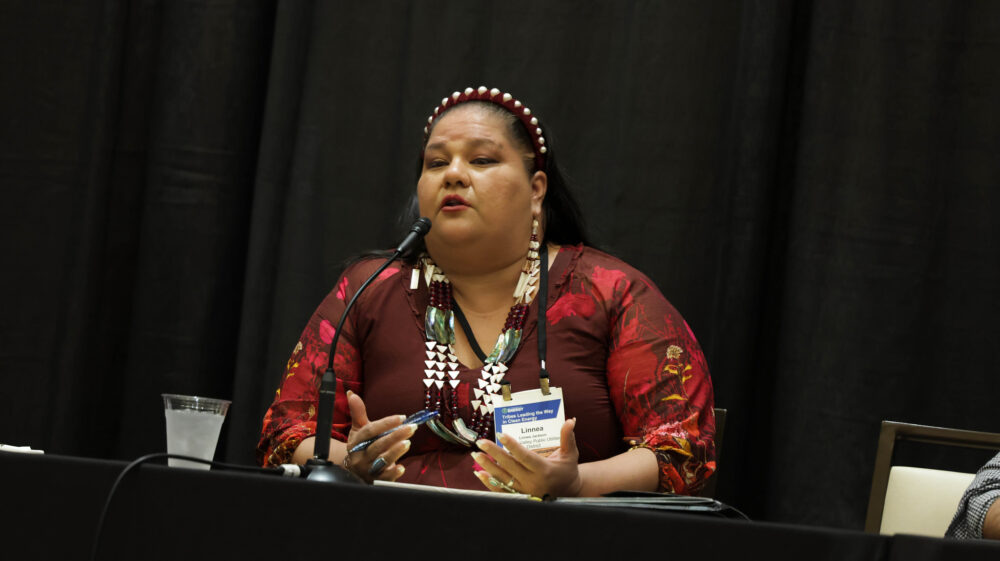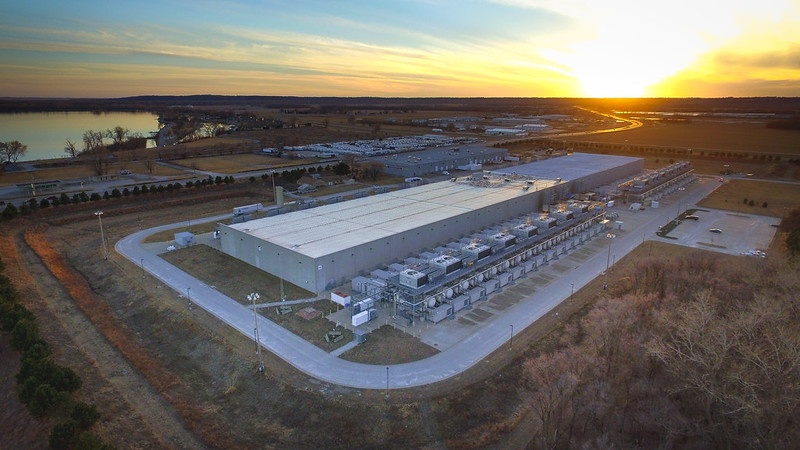We have much more to do and your continued support is needed now more than ever.
Changing Climate on Capitol Hill
If you’ve watched C-SPAN at all recently, you’ve witnessed a monumental shift occurring on Capitol Hill. Or, you’ve fallen off your chair in disbelief.
For the first time, both the Senate and the House have not only called for a mandatory limits on U.S. global warming pollution, but committee leaders in both chambers have announced plans to bring such legislation before their committee’s in the next few months.
I’ve been at this game a while, but these latest developments truly stopped me in my tracks. I think the politicians in Washington, D.C. are finally listening to people outside the Beltway. The race has officially begun to see which chamber will bring a bill to the floor first that limits global warming pollution.
Last week, the Senate passed the first major overhaul in the nation’s fuel economy standards for cars and light trucks in three decades. And, Senate leaders promised to bring back a bill to set a nationwide renewable energy standard in coming months. Next, Sen. John Warner and Sen. Joe Lieberman, chairman and ranking members of the Committee on Environment and Public Works, announced that they have “begun…to draft a comprehensive bill to address global climate change.” Lieberman made a point to say they’d bring a strong bill before our subcommittee before the August recess.
On the other side of the Capitol, the House agreed 274-153 to a “Sense of the Congress” resolution recognizing the urgency of the global warming threat and calling for a mandatory program to cut global warming pollution. The resolution is the House complement to the “Sense of the Senate” resolution on global warming that passed in 2005. And in one of the surest signs that the race to enact meaningful climate legislation has begun, Rep. John Dingell, D-Mich., vowed to move a strong bill to cap carbon pollution through his committee. Dingell is chairman of the House Energy and Commerce Committee and any major climate bill must pass through his committee.
And to top it off, the U.S. Climate Action Partnership announced that Chrysler Group and Ford Motor Company have joined its coalition, which already includes many of the world’s largest corporations and six of the nation’s most respected non-governmental organizations, including the National Wildlife Federation. This means the ‘Big Three’ U.S. automakers (General Motors already is a member) have all joined the call for a federal cap and trade bill to reduce global warming pollution.
Odds-makers are having a field day predicting not if, but WHEN, the Congress will pass legislation that put us on a pathway to reduce global warming pollution by 2 percent per year, and 80 percent by 2050.
Delaying action puts wildlife at risk and will cost the nation more in the long run, placing more of the burden on future generations. It appears that more and more members in Congress agree.
To see where your member of Congress stands on this urgent matter go to:
http://online.nwf.org/site/PageServer?pagename=Cosponsors07&JServSessionIdr011=12iqoy67r2.app7a
To send a note to your lawmaker go to:
http://online.nwf.org/site/Ecard?ecard_id=1141
Your voice can make a difference for our children’s future and for the future of wildlife.





















Building Momentum: What’s Next for Beaver Conservation in Colorado